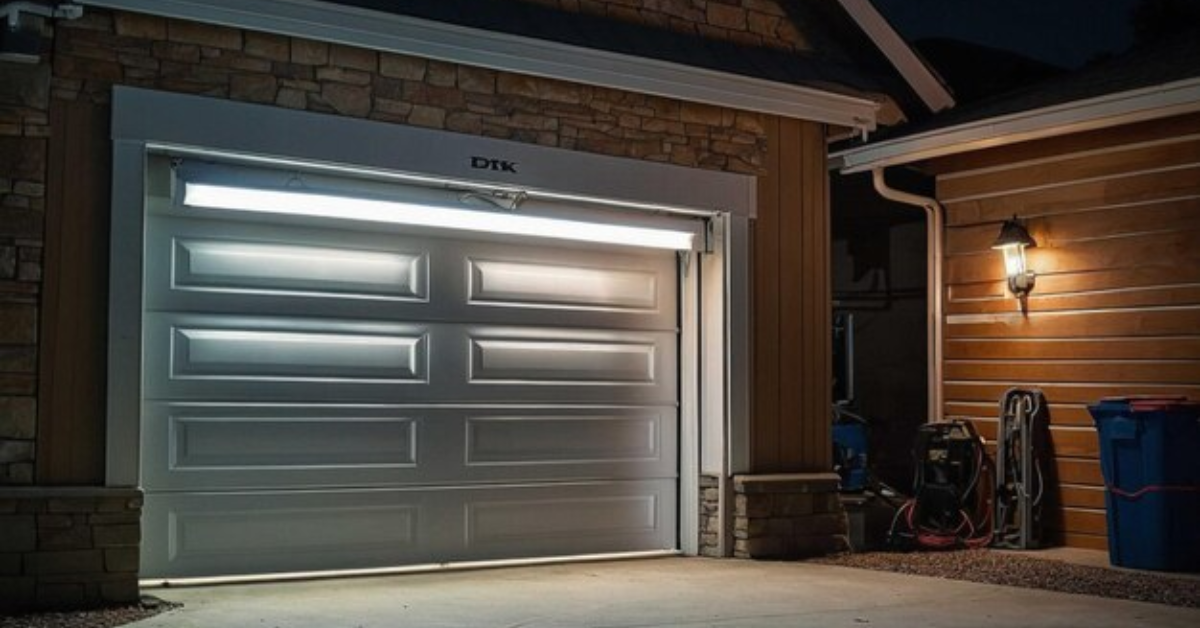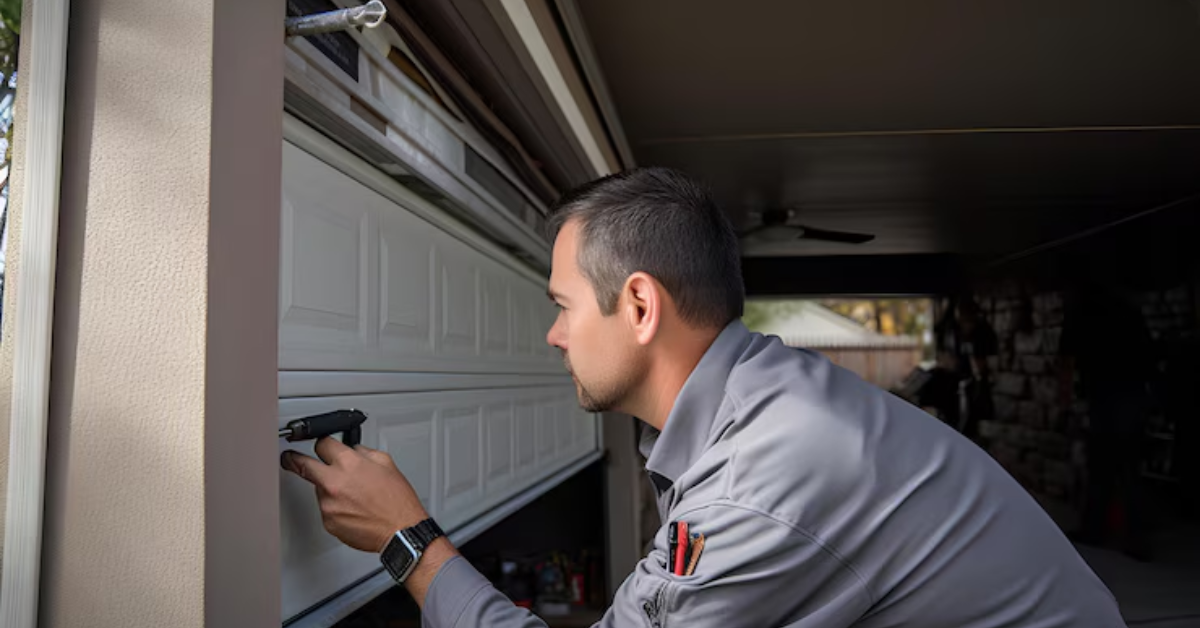How Much Volt Does A Garage Door Opener Use?
Garage door openers have become an indispensable part of modern homes, providing both convenience and security. With just the press of a button, homeowners can effortlessly open or close their garage doors, eliminating the need for manual lifting. These automated systems not only enhance accessibility but also contribute to home safety by preventing unauthorized access.
However, before purchasing or installing a garage door opener, it is essential to understand its power requirements. One common concern among homeowners is: How much voltage does a garage door opener use? The voltage of a garage door opener plays a crucial role in determining its efficiency, performance, and compatibility with the home’s electrical system. Choosing the right voltage ensures smooth operation, prevents electrical issues, and helps in reducing energy costs over time.
In this article, we will explore the voltage requirements of garage door openers, the different power options available, and how to select the best one for your needs.
Standard Voltage Requirements for Garage Door Openers
Most residential garage door openers in the United States operate on 120 volts of AC power. This is the standard household voltage and is sufficient for lifting and lowering garage doors efficiently. However, in some cases, 240-volt openers may be used for heavy-duty applications, such as commercial settings or garages with oversized doors.
For regions outside the U.S., where household electrical systems operate at 220–240 volts, garage door openers are often designed to match the local voltage requirements.
Low Voltage Garage Door Openers
Some garage door openers are designed to work with low voltage power sources, usually 12V or 24V DC. These models are commonly used in battery backup systems, solar-powered openers, or situations where the primary power source is limited.
Power Consumption of Garage Door Openers
While voltage indicates the electrical potential required, wattage determines the actual energy consumption. The power consumption of a garage door opener depends on several factors:
- Motor Horsepower – Garage door openers come in different horsepower ratings, usually ranging from ½ HP to 1½ HP. The higher the horsepower, the more energy is required.
- Standby Power – Many garage door openers consume power even when not in use. This standby power consumption can range from 1 to 5 watts per hour.
- Usage Frequency – A frequently used garage door opener will consume more electricity compared to one used occasionally.
On average, a ½ HP garage door opener consumes around 500 to 750 watts while operating. More powerful models may require up to 1,500 watts.
Do Garage Door Openers Require a Dedicated Circuit?
Yes, in most cases, garage door openers should have a dedicated 15-amp or 20-amp circuit to prevent overloading. A GFCI (Ground Fault Circuit Interrupter) outlet is often required by electrical codes to ensure safety, especially in garages where moisture may be present.
Can a Garage Door Opener Run on Solar Power?
With the rise of energy-efficient solutions, solar-powered garage door openers are gaining popularity. These systems typically operate on 12V or 24V DC power, storing energy in a rechargeable battery. This option is ideal for off-grid garages or homeowners looking to reduce electricity consumption.
Choosing the Right Voltage for Your Garage Door Opener
To select the correct voltage for your garage door opener, consider the following:
- Residential Use: A 120V AC opener is sufficient for most homes.
- Commercial Use: A 240V system may be required for heavy-duty applications.
- Backup Power Needs: A 12V or 24V DC opener with a battery backup ensures operation during power outages.
Final Thoughts
Understanding how much voltage a garage door opener uses helps in making informed decisions regarding installation, energy consumption, and efficiency. For most residential garages, a 120V AC opener is the standard, but alternative options like solar-powered 12V/24V models are available for eco-friendly solutions.
If you’re considering upgrading or installing a new garage door opener, ensure it meets the electrical requirements of your home and local regulations. By choosing the right voltage and power specifications, you can improve the longevity and performance of your garage door opener while keeping electricity costs in check.




